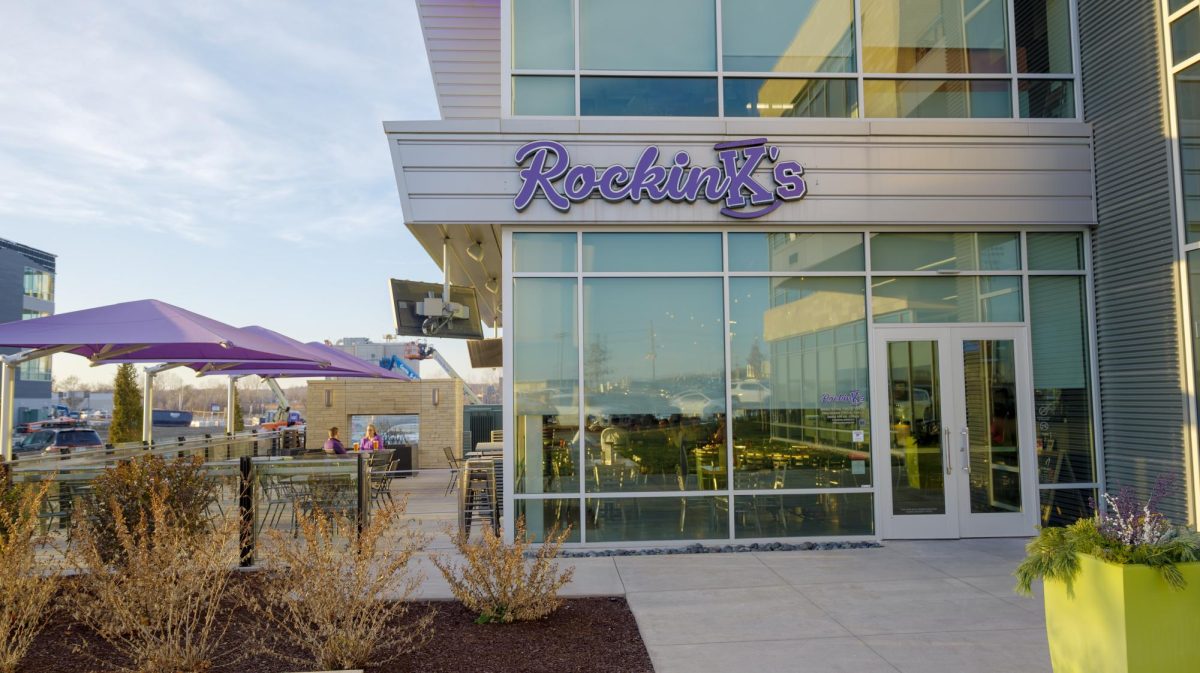The criminal justice system has long been a subject of intense debate, with reform efforts gaining traction in recent years. Discussions surrounding the system often focus on issues like mass incarceration, racial disparities, and rehabilitation, but one area that plays a critical role in shaping the future of criminal justice reform is higher education. By equipping individuals with the knowledge, skills, and perspectives necessary to address these issues, higher learning institutions are helping to bring about meaningful change. The influence of higher education in criminal justice reform is significant, providing the foundation for developing policies that are not only just but also effective in achieving long-term societal improvements.
Training Future Professionals for Effective Change
The role of higher education in criminal justice reform extends beyond the classroom. Universities and colleges are preparing future professionals who will play an essential part in reshaping the criminal justice system. Law enforcement officers, social workers, probation officers, and attorneys who enter the field with a robust education are better equipped to navigate the complexities of the system and advocate for change.
An education in criminal justice teaches students how to balance the goals of maintaining public safety with the principles of human rights and social justice.
Advancing Public Understanding and Advocacy
Higher learning institutions provide a platform for educating students about the complexities of the criminal justice system. By offering courses on topics like criminal law, ethics, sociology, and the psychology of criminal behavior, universities foster a deeper understanding of the issues at play. This education is not limited to future professionals in the field; it extends to the broader public, creating advocates who are knowledgeable and passionate about reform.
For example, those who pursue an online criminal justice degree gain a solid understanding of the historical context of the justice system, its current challenges, and the potential for future changes. The flexible nature of online education allows a diverse range of students to engage with the subject matter, regardless of their geographic location or personal schedules. This accessibility plays a key role in widening the circle of informed individuals who can actively participate in discussions about criminal justice reform, advocating for policies that prioritize fairness, equality, and rehabilitation.
Promoting Research and Evidence-Based Policy Development
Higher learning institutions also play a vital role in criminal justice reform through research. Universities are often at the forefront of studies examining the effectiveness of criminal justice policies and exploring alternative methods for addressing crime. Through academic research, scholars can evaluate the outcomes of current practices and propose new models that could lead to better results.
For example, research might focus on the effectiveness of rehabilitation programs, the impact of mental health treatment in correctional facilities, or the long-term effects of sentencing reform. By producing high-quality, evidence-based research, universities provide policymakers with the information they need to make informed decisions about how to reshape the criminal justice system. In this way, higher education acts as a bridge between theoretical knowledge and practical, real-world applications that drive reform.
Fostering Diverse Perspectives in the Criminal Justice Field
One of the critical aspects of higher learning is its ability to foster diverse perspectives. In the context of criminal justice reform, this diversity is essential. The system has long been criticized for disproportionately affecting certain communities, particularly those from marginalized backgrounds. Higher education helps to address these disparities by promoting a more inclusive and diverse workforce in the criminal justice field.
Students from a variety of racial, socioeconomic, and cultural backgrounds bring unique perspectives to the table. This diversity enhances the criminal justice system’s ability to understand and respond to the needs of different communities. As more individuals from historically underrepresented groups pursue careers in criminal justice, they can advocate for reforms that address the specific challenges their communities face, ensuring that the system becomes more equitable and just.
Influencing Public Policy and Legal Reforms
Graduates of higher learning institutions often go on to influence public policy and legal reforms. With their educational background in criminal justice, these individuals are uniquely positioned to contribute to conversations about reforming laws, improving policing practices, and addressing issues such as racial inequality and the school-to-prison pipeline. Many graduates go on to work as policymakers, legal advocates, or public defenders, where they can directly affect the decisions that shape the criminal justice system.
Moreover, as these individuals enter positions of influence, they bring with them the knowledge and understanding gained through their education. Their ability to analyze complex legal and social issues makes them valuable assets in efforts to push for legislation that aligns with the principles of justice and fairness. Their advocacy for reforms such as sentencing guidelines, prison reform, and alternatives to incarceration helps to ensure that the criminal justice system moves toward more humane and effective solutions.
Improving Rehabilitation and Reintegration Programs
A key area where higher education can have a lasting impact on criminal justice reform is in the development and improvement of rehabilitation and reintegration programs. Individuals who have been incarcerated often face significant challenges upon their release, including finding stable employment, securing housing, and reintegrating into society. Higher education institutions can play an essential role in offering programs that prepare these individuals for life after incarceration.
Through partnerships with correctional facilities, universities can offer education and vocational training to incarcerated individuals, providing them with the skills needed to successfully reintegrate into society. Additionally, higher education can help create community-based programs that focus on rehabilitation and reducing recidivism. By focusing on education as a tool for personal transformation, these programs offer a pathway for individuals to break the cycle of incarceration and build a better future for themselves and their families.
Increasing Public Support for Criminal Justice Reform
Higher education also contributes to criminal justice reform by increasing public awareness and garnering support for change. As more people become educated about the flaws in the system and the need for reform, they are more likely to support policies that prioritize rehabilitation, restorative justice, and alternatives to incarceration. This shift in public opinion is crucial for the success of any reform effort, as it encourages lawmakers and policymakers to prioritize these issues.
Public support for reform is often driven by the work of academics, activists, and educators who help to illuminate the realities of the criminal justice system. Through books, articles, and public lectures, these individuals raise awareness about the injustices faced by marginalized communities and the need for reform. This growing awareness helps to build a broad coalition of individuals and organizations that can push for meaningful change in the criminal justice system.
The role of higher learning in criminal justice reform is undeniable. By educating individuals who will go on to become professionals, advocates, researchers, and policymakers, higher education is helping to shape a future where the criminal justice system is more equitable, effective, and focused on rehabilitation. Through education, research, and advocacy, higher learning institutions provide the foundation for a more just and humane approach to criminal justice.




























































































































